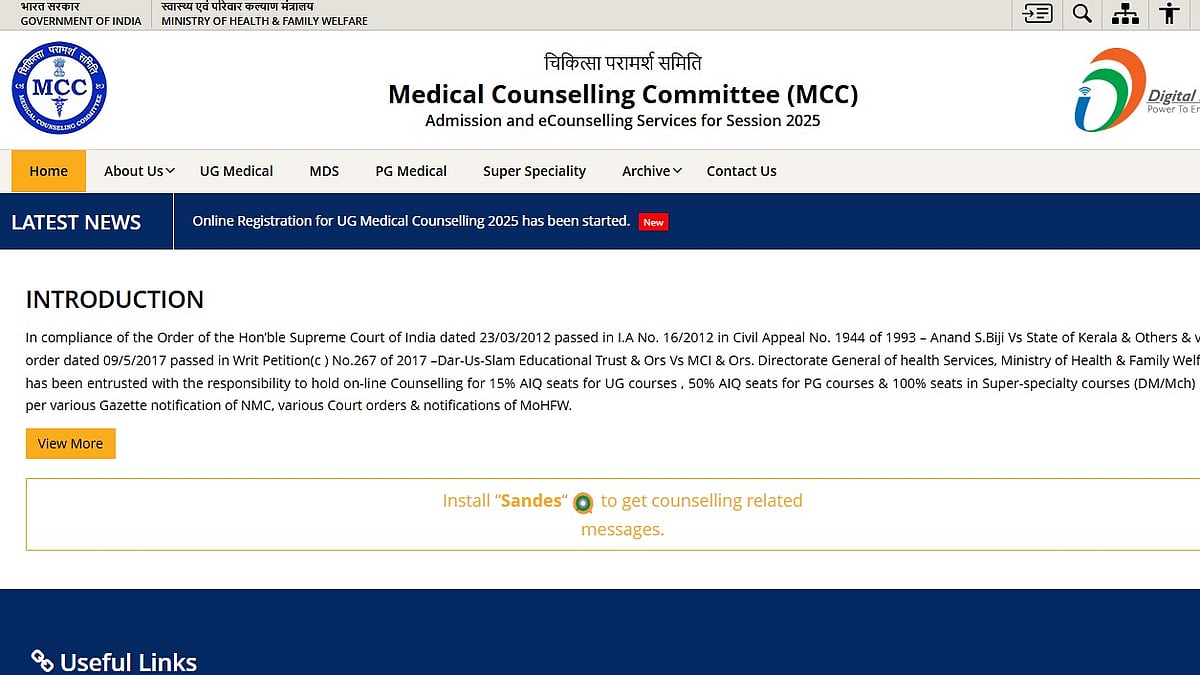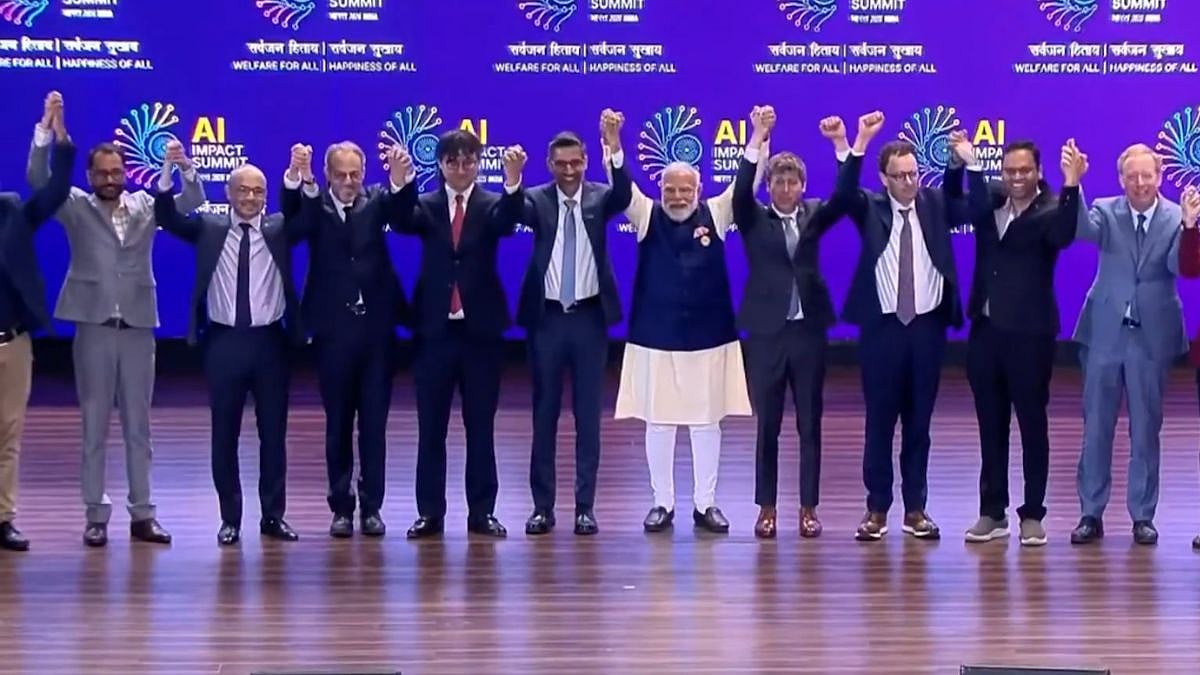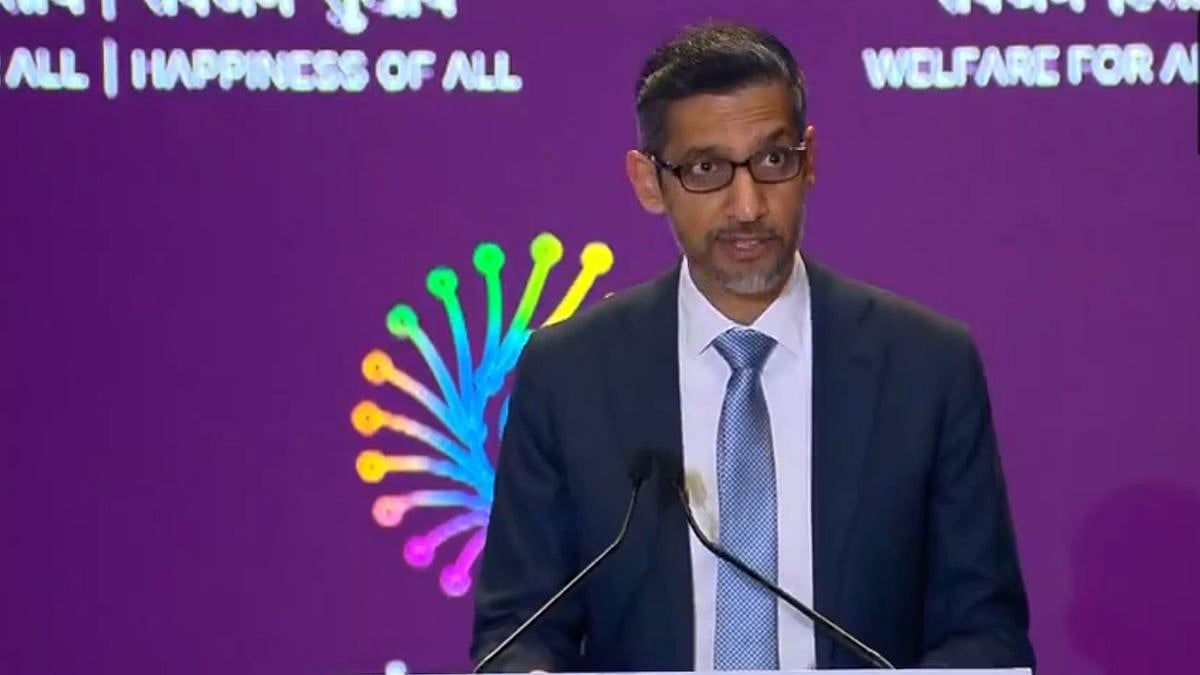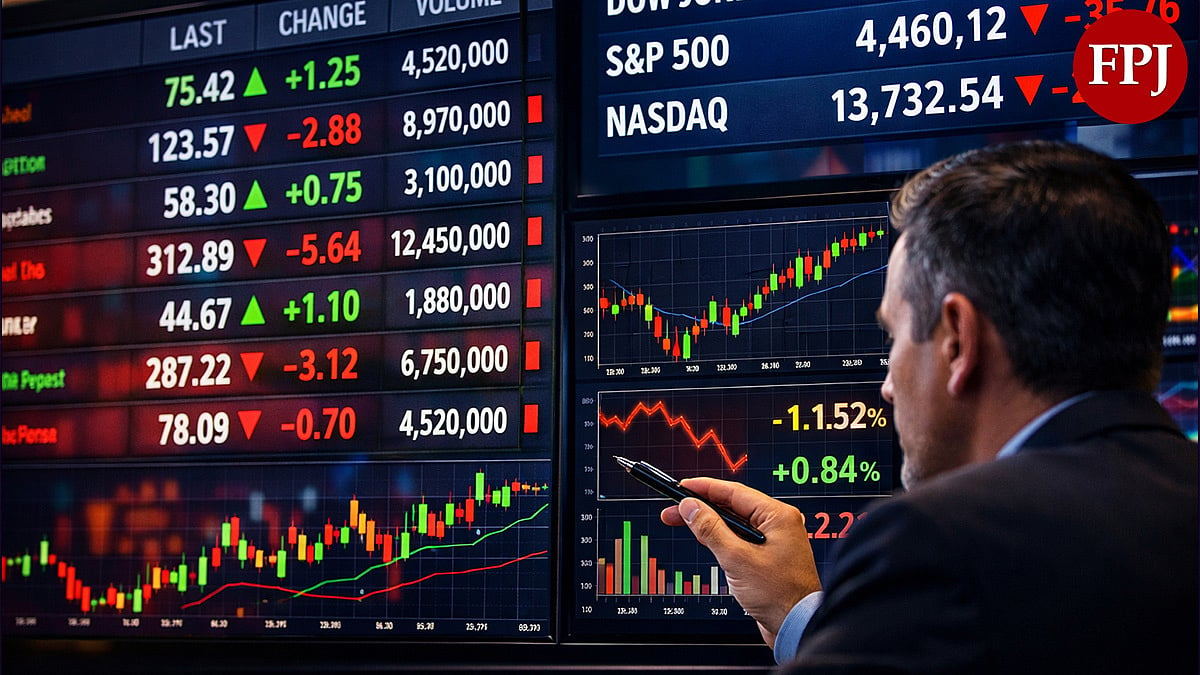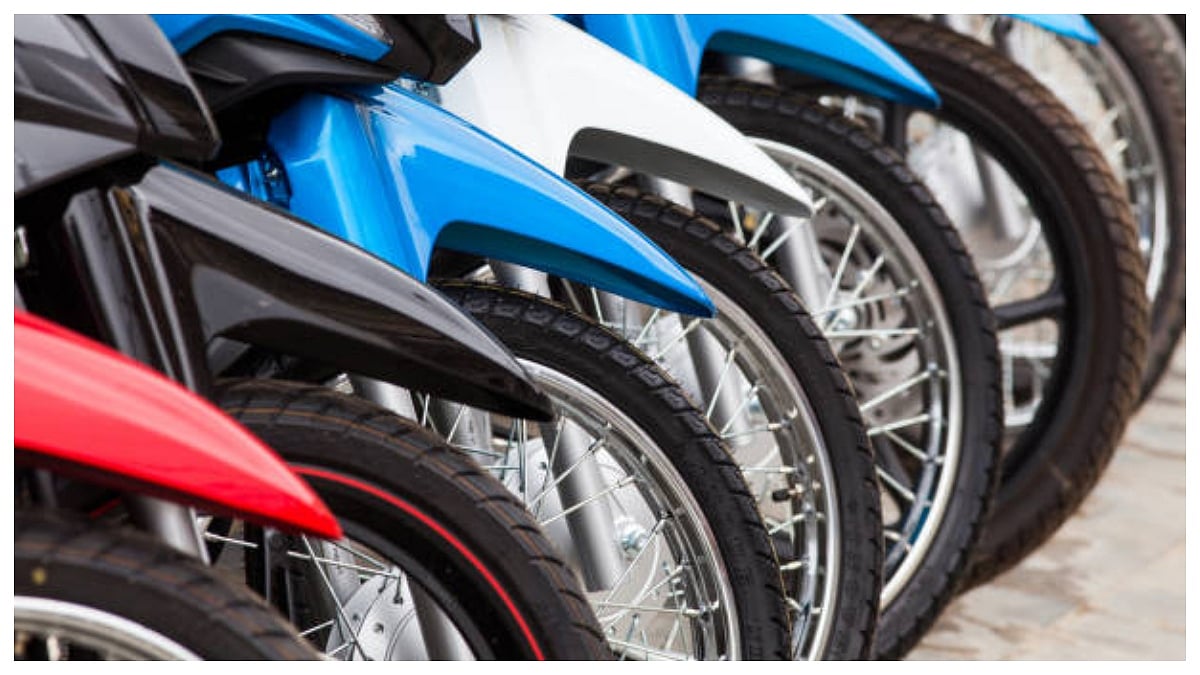At the midnight of Tuesday, the United States announced that the price for a barrel of oil was $0 – something that was unheard of and something that became the top trending news of the day.
And with oil prices crashing in the States, it was natural that Indians expected that the Narendra Modi-led government at the Centre would announce a drop in petrol and diesel princes. Unfortunately for them, this was not the case, and petrol and diesel prices continued to stay the same.
Currently, there are two types of oil sold in the market: Brent crude oil and WTI crude oil. Brent crude oil is the global benchmark, while WTI is specific for the United States only.
Brent crude price is the international benchmark price used by the Organisation of Petroleum Exporting Countries (OPEC), which includes India.
Why did the prices crash in the first place? Investors had bought May futures contracts which are due or expiring next week. Now, due to an over-supply panic-driven investors are selling these contracts in a hurry before the expiry date. Why? Because if they don't they'll be forced to take delivery of the oil barrels and scramble for storage space. There are two factors here, hasty selling and an oversupply of oil. Most experts say that the current oil-demand scenario is like in the 1960s but the oil supply is as of 2020
According to a Live Mint report, Brent Oil Prices have collapsed around 60 per cent since the start of the year, and even touched a multi-year low of $26 per barrel on Tuesday.
The drop in Brent Oil Prices should have theoretically seen India’s petrol prices drop significantly. However, this wasn’t the case. A Moneycontrol report explained that Asian currencies, including the Rupee, are trading weaker against the US Dollar. With India being an importer and the bill being in dollars, the Rupee-Dollar difference may offset gains from lower oil prices. “Further, the Indian government regulates oil prices. This is done to off-set fiscal deficit against the subsidies given to state-run oil companies. As such, over the base price of oil, government taxes are applicable, which can increase the retail cost for consumers,” the report added.
Furthermore, a Business Today report added, a large portion of India’s fuel prices include taxes. The excise duty on petrol is up to Rs 22.98 per litre, while on diesel it is Rs 18.83 per litre.
In March this year, the Centre increased petrol and diesel duties by Rs 3 per litre, the steepest hike since 2012. This has Parliaments approval to raise it further by Rs 8 per litre.
According to the official website of Indian Oil Corporation, on Tuesday, petrol now costs Rs 69.59 per litre in Delhi, Rs 76.31 per litre in Mumbai. Similarly, diesel costs Rs 62.29 a litre in Delhi, Rs 66.21 a litre in Mumbai. In Kolkata, a litre of petrol will cost Rs 73.30 per litre whereas diesel is now priced at Rs 65.62 per litre. In Chennai, a litre of petrol will cost Rs 72.28 per litre whereas diesel is now priced at Rs 65.71 per litre.


